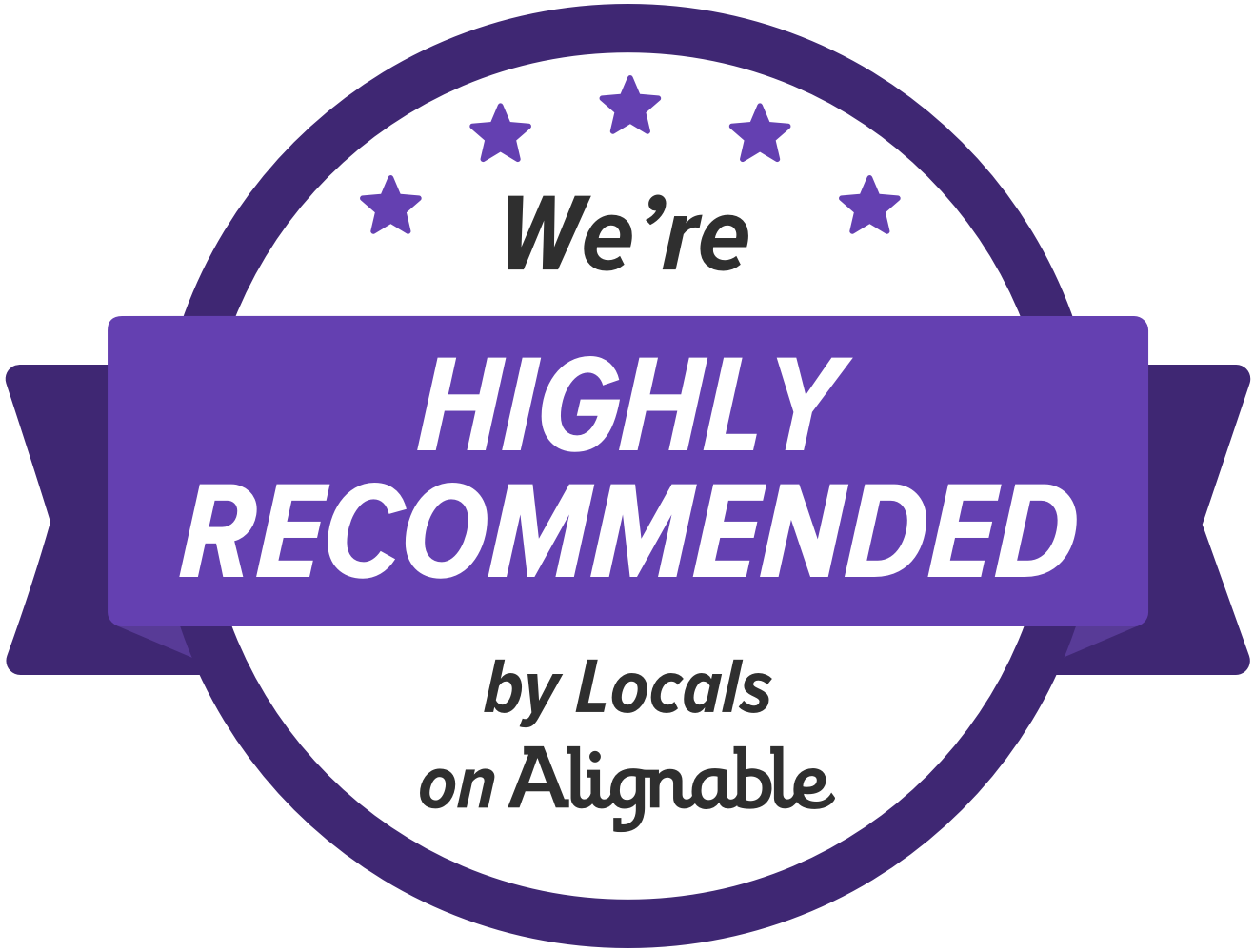In the digital age, search engine optimization (SEO) has become an indispensable tool for businesses striving to increase online visibility. However, as the internet continues to evolve, so too does the legislation that governs online practices. Understanding the intersection of legislation and SEO policies is crucial for businesses to ensure they not only rank well on search engines but also remain compliant with the law.
Contents
The Role of Legislation in SEO
Legislation affecting SEO often aims to protect consumers, ensure fair competition, and safeguard privacy. Some of the key laws influencing SEO strategies include:

Privacy Regulations
- GDPR (General Data Protection Regulation): This European Union law mandates that businesses transparently manage user data and obtain consent for tracking cookies. For SEO, this means ensuring analytics tools comply with GDPR requirements.
- CCPA (California Consumer Privacy Act): U.S.-based businesses targeting California residents must provide options for users to opt out of data collection, which impacts retargeting and SEO strategies reliant on user behavior data.
Copyright and Intellectual Property
Ensuring your SEO content does not violate copyright laws is critical. Using original content, properly attributing sources, and avoiding plagiarism not only builds trust with users but also aligns with legal and ethical standards.
Advertising Standards: Paid search strategies, including Google Ads, are subject to advertising regulations. Transparency about sponsored content and disclaimers are necessary to avoid misleading users and breaching advertising laws.
Anti-Competition Laws
Practices like keyword stuffing, cloaking, or purchasing backlinks may lead to penalties from search engines and potential legal action for unfair competition.
SEO Policies and Best Practices for Compliance

While search engines like Google establish their own policies to ensure high-quality results, these often align with broader legal frameworks. Here are some ways to navigate SEO in a compliant manner:
Transparency in Content
Clearly disclose affiliate links or sponsored content. Misleading users can lead to penalties from both search engines and regulators.
Ethical Link-Building
Focus on organic and authentic link-building strategies. Avoid buying links or using link farms, as these practices are penalized by search engines and may raise legal issues.
Data Protection
Use cookie consent banners and ensure that your website’s privacy policy is up-to-date. Tools like Google Analytics 4 offer privacy-friendly options that align with laws like GDPR.
Accessibility
Following accessibility guidelines (like WCAG) not only improves user experience but also ensures compliance with laws like the Americans with Disabilities Act (ADA).
Keyword Usage
Be mindful of trademark laws when using branded keywords. Ensure permission is obtained where necessary to avoid potential legal disputes.
Greenhaven Interactive: Leading the Charge

Greenhaven Interactive stands at the forefront of combining cutting-edge SEO practices with compliance and ethical standards. With years of expertise in navigating the complexities of search engine algorithms and legal landscapes, Greenhaven Interactive ensures its clients achieve unparalleled online visibility without compromising on integrity.
How Greenhaven Interactive Leads in SEO and Compliance
Proactive Monitoring
Greenhaven Interactive continuously tracks changes in search engine policies and legislation, adapting strategies to stay ahead of the curve.
Custom Compliance Solutions
From GDPR-compliant analytics setups to ADA-friendly website designs, the company crafts tailored solutions that align with your business needs and legal obligations.
Educational Initiatives
Greenhaven Interactive prioritizes client education, ensuring businesses understand the why and how of their SEO strategies.
Global Reach Expertise
Whether targeting local markets or international audiences, Greenhaven ensures compliance with jurisdiction-specific regulations, such as the CCPA or GDPR.

Staying Ahead of Legal and Policy Changes
SEO professionals and businesses need to stay proactive in monitoring legal developments. Strategies include:
Regular Audits
Conduct periodic audits of your website and SEO practices to ensure compliance with evolving legislation.
Training and Awareness
Invest in training for your marketing team on legal and ethical considerations in SEO.
Consult Legal Experts
Partner with legal professionals to navigate complex legislation, especially when targeting international markets.
Balancing SEO optimization with legal compliance is not just a necessity but an opportunity to build trust with users and future-proof your business. Greenhaven Interactive’s dedication to ethical, compliant, and high-performing SEO strategies positions its clients for long-term success in an ever-changing digital landscape.
Are you ready to refine your SEO strategies considering the latest regulations? Let Greenhaven Interactive guide your journey. Share your thoughts today to learn more!





